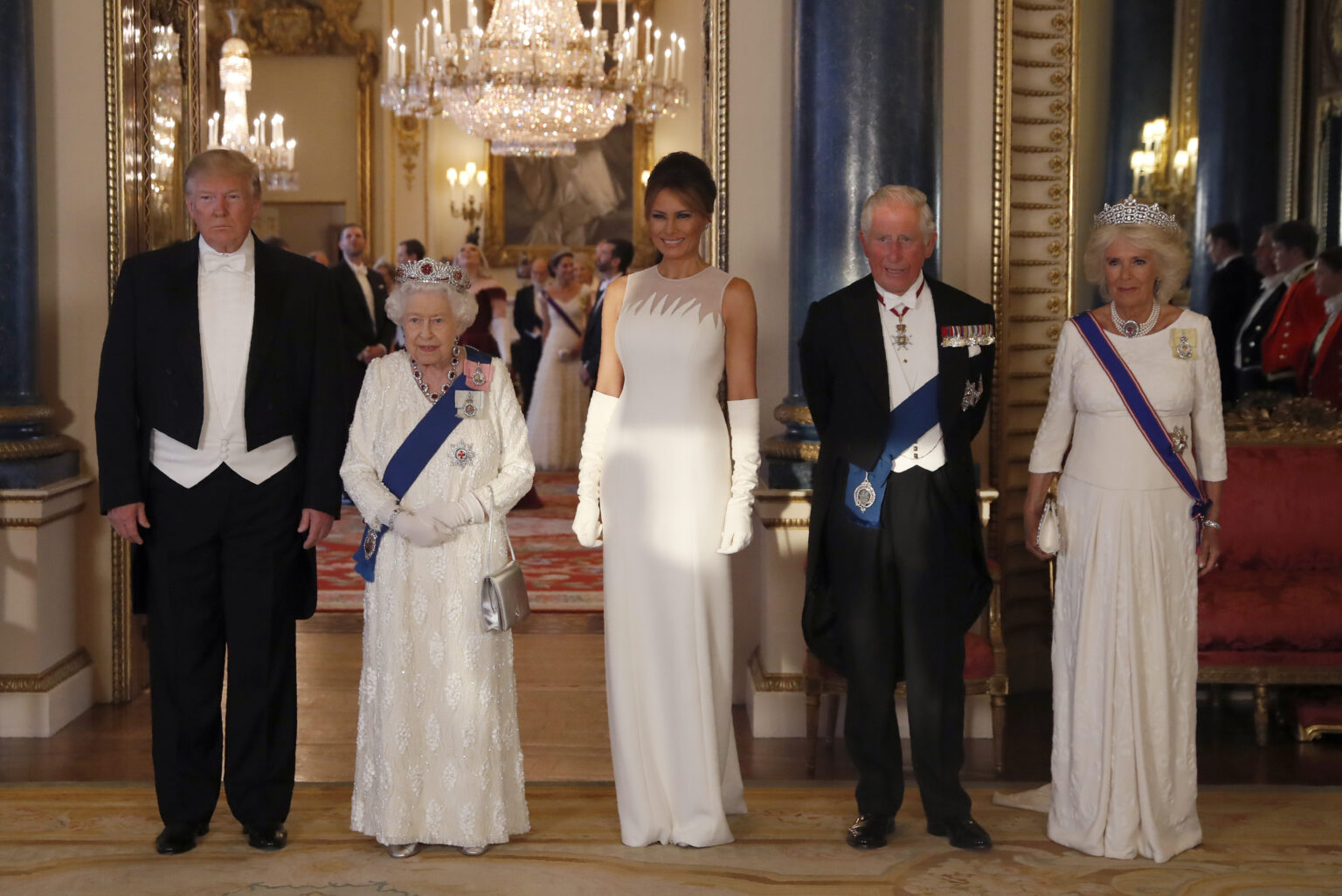Historic Second State Visit by President Donald Trump to the United Kingdom
This upcoming autumn, President Donald Trump is set to undertake a significant diplomatic journey to the United Kingdom, marking his second official state visit-a rare honor in modern diplomatic relations. During this three-day visit, he will be hosted by King Charles III, an event that underscores the enduring ties between the United States and the UK.
Official Confirmation and Details of the Visit
On Monday, Buckingham Palace officially announced that Trump had accepted the royal invitation to visit Britain from September 17 to 19. According to reports from British media outlets, the President and First Lady Melania Trump will be staying at Windsor Castle, a historic residence of the monarchy. While specific arrangements remain under wraps, the visit is expected to include formal ceremonies and private meetings.
Historical Context and Diplomatic Significance
The invitation was personally delivered by British Prime Minister Keir Starmer during his February visit to Washington, D.C. During the encounter, Starmer highlighted the uniqueness of this diplomatic milestone, stating, “This is truly exceptional. Such an invitation has never been extended before, making this visit unprecedented in UK-American relations.”
Although the White House has yet to officially confirm the details, the timing of the visit suggests it will serve as a platform to reinforce the longstanding alliance amid shifting global dynamics. Notably, this will be Trump’s second state visit to the UK, the first occurring in June 2019 during Queen Elizabeth II’s reign. That visit was characterized by elaborate ceremonies, including a royal welcome at Buckingham Palace, a 41-gun salute, and a grand state banquet, symbolizing the close diplomatic ties between the two nations.
Past Encounters and Public Perception
President Trump has historically expressed admiration for the British royal family. In March, he posted on Truth Social expressing his fondness for King Charles, sharing an article from the British tabloid The Sun with the caption, “I love King Charles.” Additionally, during a December visit, Trump met Prince William at the Notre Dame cathedral reopening, describing him as “a good man, this one.”
However, his previous visit was not without controversy. Trump’s interactions with London’s then-mayor Sadiq Khan drew criticism, with Trump dismissing Khan as a “stone-cold loser” and “short.” The trip also sparked protests, including a notable demonstration where activists floated a giant balloon depicting Trump as a diapered infant, reflecting widespread disapproval among segments of the British public.
Current Public Opinion and Political Climate
Public sentiment toward Trump remains largely negative in the UK. An Ipsos poll conducted in January, prior to his second term, revealed that 63% of Britons viewed him unfavorably, with only 22% holding a positive opinion. This persistent disapproval underscores the complex diplomatic landscape Trump will navigate during his visit.
Potential Political and Economic Implications
Given the scheduled parliamentary recess during his visit, it is unlikely that Trump will have the opportunity to address the UK Parliament directly. Nonetheless, the visit is poised to bolster bilateral relations, especially in the context of trade negotiations. Notably, the UK was the first country to secure a trade agreement with the US after Trump announced tariffs on over 70 nations in April. While the 10% minimum tariff on British exports remains in place, certain sectors, such as automotive manufacturing, are expected to benefit from exemptions or reduced tariffs, potentially boosting UK exports in the near future.
As the UK continues to navigate its post-Brexit economic strategy, visits like Trump’s serve as pivotal moments to reinforce alliances and explore new opportunities for cooperation. The upcoming trip promises to be a significant chapter in the evolving relationship between the United States and the United Kingdom, reflecting both historical ties and contemporary geopolitical realities.

